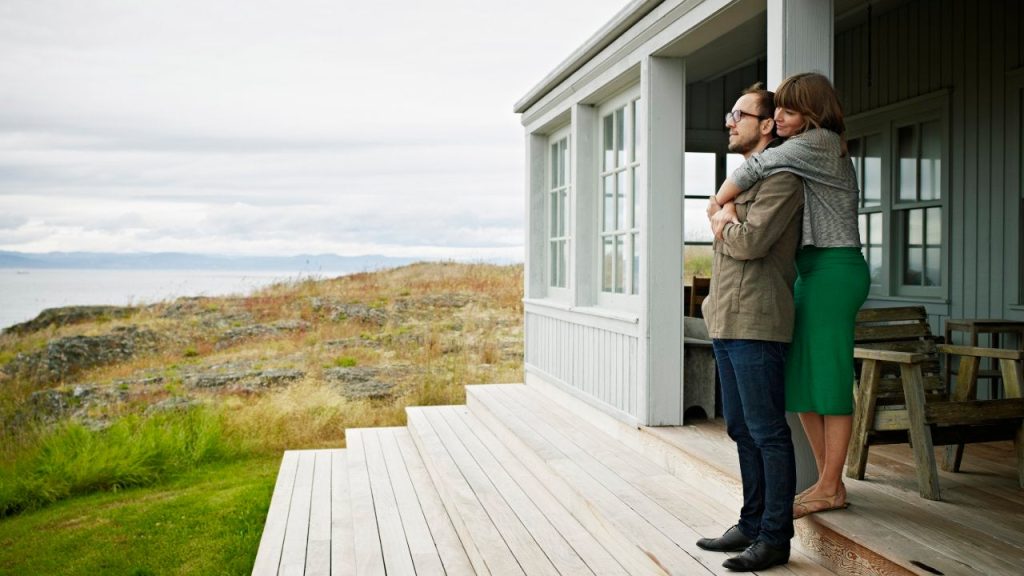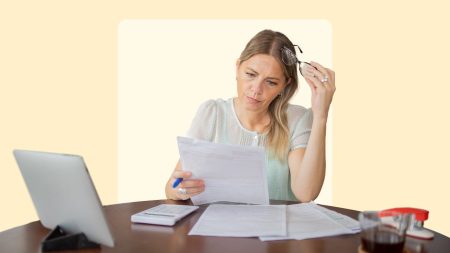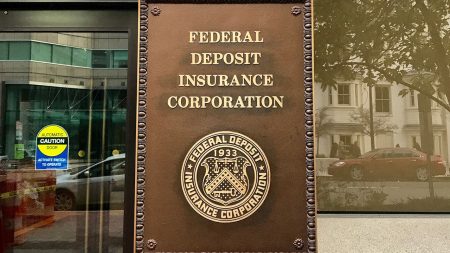Key takeaways
- If you’re saving for retirement, have a solid emergency fund and don’t carry any credit card debt, you may be in a good financial position to buy a second home.
- Be sure to budget carefully, accounting for maintenance and utility costs as well as potential rental management fees.
- If you plan to rent out your second home when you’re not using it, research local regulations and tax implications first.
If you’re thinking about purchasing a second home, you’re one of a lucky few these days. According to an analysis from Redfin, the demand for mortgages for second homes is the lowest it’s been since at least 2018 — due largely to a combination of high housing costs, steep mortgage rates and return-to-office work mandates, which have made vacation and weekend homes less attractive. Before you buy, be sure you can handle the long-term financial responsibilities. Here’s what to expect.
Considerations before buying a second home
Full financial impact
Will two homes, all the financial responsibility of homeownership will fall on your shoulders — twice. For example, if you have a roof problem in your main residence and then the HVAC system needs repair in your second home, you’ll have two whopping back-to-back bills.
You’ll also have to pay double the everyday expenses:
- Mortgage payment (including homeowners insurance and property taxes)
- Utilities
- Maintenance and upkeep
- Potential HOA fees
- Potential rental management fees
Even if you are currently able to afford these costs, keep your big-picture goals in sight, says Daniel R. Hill, president and CEO of investment advisory firm D.R. Hill Wealth Strategies in Richmond, Virginia. Hill encourages his clients to consider these issues before jumping into another home:
- Are you saving at least 15 percent of your current income for retirement?
- Do you have six months’ of expenses (preferably nine months’) in an emergency cash fund readily available?
- Are you out of credit card debt?
- If applicable, have you established a college fund for your children?
If you can check all of these boxes, you might be in a safe position to consider buying a vacation home, Hill says.
Financing options
In some ways, securing a mortgage on a second home isn’t too different from getting a primary mortgage. You’ll submit an application and have your credit, income, employment, assets and debts reviewed. However, you’ll likely be required to make a larger down payment than when you bought your primary residence, and you may have to meet more stringent financial qualifications. Mortgage rates are also slightly higher for second homes than for primary residences.
You can’t use government-backed loans, like FHA or VA loans, to fund a second home. Lenders also treat investment properties differently, so if your property will primarily be a rental, be sure to make that clear up front.
Financing options to consider include:
Desire to travel to other destinations
After several summers on the same beach, the appeal might run dry. Likewise, a scenic five-hour drive can eventually transform into a burdensome schlep. The point is: Are you sure you want to vacation in the same place for the long term? If your family absolutely loves the location, it can make sense. However, think about whether you would prefer to plan multiple trips to a variety of destinations or stick with the same spot every time.
Renting out your second home
Rental income can help subsidize your vacation property. However, be sure you understand the local laws before you buy. Zoning regulations vary by state, city and even neighborhood, so what works in one community might not be allowed in another. For example, while short-term Airbnb rentals are popular in many areas, they are illegal (or heavily restricted) in others.
For condominiums, find out if the condo bylaws allow for renters. The same goes for homes in co-ops or neighborhoods governed by homeowners associations.
Keep in mind, too, that the exact times you want to use your property — spring break, long holiday weekends — are probably the peak times renters would most want it as well.
“Sadly, the most demand from renters is likely during the time you want to be there,” says Timothy Parker, managing partner at Regency Wealth Management in Ramsey, New Jersey. “When we look at numbers with clients, we often end up suggesting they rent a home for a week or a month instead of entering the world of landlording. It’s often cheaper and comes with fewer hassles.”
Tax implications
A vacation home can be classified as either a personal residence or a rental property by the IRS, depending on how many days you spend there and how many days you rent it to others. In most cases, you’ll have to report rental income regardless of the classification.
However, if your vacation home is classified as a rental property, you may not be able to claim the mortgage interest tax deduction. You could likely still deduct maintenance expenses, though. Talk to a tax advisor about whether your rental plans make financial sense for you.
Reasons for owning a second home
Despite all the work you’ll need to do and the money you’ll need to spend, there are many great reasons to buy a second home, including:
To become your primary residence someday
A second home can eventually become your primary residence, so you can avoid any of the work involved in finding a new location when you’re ready to retire. This is especially helpful if your second home is in a location with lower taxes than your primary residence.
To rent out
As long as your property is located in an area that allows short-term rentals, you can make money by listing it on Airbnb, VRBO or any other home-rental platform. This can provide a passive revenue stream and allow you to build wealth over time.
To vacation
If you have a favorite vacation spot that you truly want to return to over and over again, buying a home there can make sense. Taking this step will allow you to avoid the hassle of finding and paying for a rental or hotel accommodations year after year.
To diversify your investments
Owning a second home allows for getting beyond the usual stocks, bonds and 401(k) plan. A second home can also act as a buy-and-hold investment — real estate does tend to appreciate in value over time — and be a valuable asset to pass on to heirs.
To help a family member
Maybe you want to give your adult child a leg up in the housing market, or a place to live while they attend college. Or maybe you are caring for an older relative who you’d like to have closer to your own home. Buying a home for them can be a practical solution in these cases.
Should I buy a second home?
For most Americans, owning their primary residence is a wise move, but a much smaller subset should consider buying a second home. Anyone who remembers the housing crisis of 2007 knows that home values are not guaranteed. A second home should not be the main basket for retirement or other long-term-goal nest eggs — it’s too illiquid, and its growth is too unpredictable.
Of course, a second home can also be a valuable financial asset that has the potential to increase your wealth over time, especially if its worth does appreciate significantly. But all of this assumes that you can afford the expense. Budget carefully, and be sure you feel very comfortable with your current financial priorities before taking on a second home.
FAQ
Additional reporting by Maya Dollarhide
Why we ask for feedback Your feedback helps us improve our content and services. It takes less than a minute to complete.
Your responses are anonymous and will only be used for improving our website.
Help us improve our content
Read the full article here












